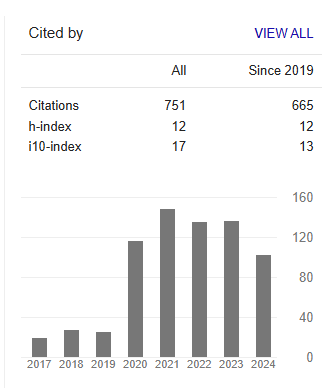Preoperative Nasopharyngeal Decolonization using Mupirocin and Chlorhexidine in Preventing Surgical Site Infection: A Meta-Analysis
Abstract
BUARON Michelle Jane A, SEMENIANO Russel, OMBAO Genevie and YU Catherine
Background: Preoperative decolonization is a preventive strategy for surgical site infection. Clinical trials have been done to prove or disprove the efficacy of decolonization in the prevention of surgical site infection however; great heterogeneity in results was noted in many published studies.
Objective: The aim of this study is to determine whether preoperative decolonization reduces the risk of surgical site infection.
Method: PUBMED and Google free texts search terms: “decolonization” and “Surgical Site Infection” Inclusion criteria: >18 years old of either gender undergoing any surgery, studies included are all randomized controlled trials (RCT).
Results: Using the random effects model, the computed summary statistic was 0.59 (CI 0.37-0.94) in favor of the experimental treatment however due to substantial heterogeneity (Tau2 of 0.25 Chi 2 30.34 and I2 of 84%), we cannot draw definite conclusion from the meta-analysis. Subgroup analysis however using both mupirocin nasal swab and chlorhexidine gargle as preoperative decolonization generated the summary statistic 0.40 (CI of 0.23-0.69), no heterogeneity (Tau2 of 0, Chi2 of 0.09 and I2 of 0.), and was noted to be in favor of the experimental treatment.
Conclusion: Pre-operative decolonization using both mupirocin and chlorhexidine for preoperative decolonization showed that it could significantly prevent surgical site infection.



